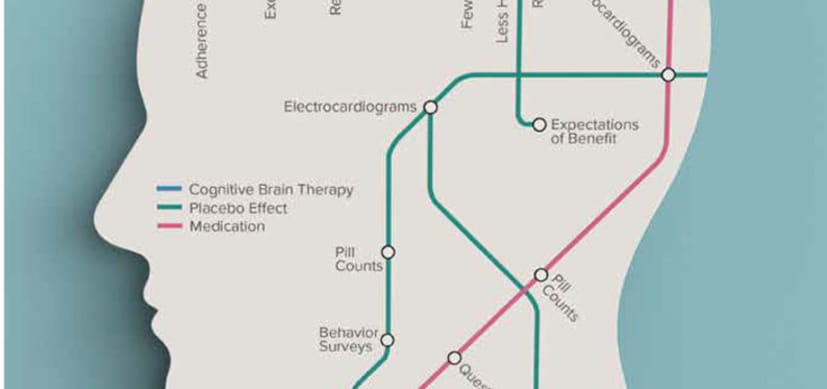Coghill Research Lab
The capacity to monitor the integrity of our bodies and to be made immediately aware of injury through the experience of pain is critical for our survival. However, the central nervous system mechanisms that translate information about tissue damage into the conscious experience of pain remain poorly understood. Thus, the central objective of the Robert C. Coghill Research Laboratory is to better characterize fundamental aspects of pain processing mechanisms of the brain.
Pain, however, is very much an individual experience and is heavily influenced by environmental, emotional, and cognitive variables. Accordingly, psychological, experiential data is critical for the interpretation of neuroimaging data. Through these combined approaches, we hope to obtain a better basic understanding of central nervous system mechanisms engaged in the processing of pain and lay the foundation for better diagnosis and treatment of clinical pain.
Research in Dr. Coghill's laboratory seeks to provide a better understanding of the functional organization of central nervous system mechanisms involved in the conscious experience of pain and its implications for clinical pain states. This research encompasses studies of individual differences in pain, effects of expectations on pain, brain mechanisms supporting attention to sensory features of pain, and processes associated with cognitive modulation of pain.
Research focuses on delineating the neural mechanisms supporting individual differences in pain, interweaving data obtained with functional MRI of brain activity with subjective reports of pain and psychological state. Our work encompasses studies of the effects of expectations on pain, brain mechanisms supporting attention to pain, and processes associated with the cognitive modulation of pain. We also seek to develop of better tools for the measurement of multiple dimensions of the pain experience.
Functional imaging methods, such as positron emission tomography (PET) and functional magnetic resonance imaging (fMRI) in humans and autoradiography in animals, provide the major tools that allow us to peer inside the functioning nervous system to observe the responses of multiple brain regions simultaneously. Electrophysiological recordings of single neurons allow finer insights into the organization of pain processing mechanisms.
The Coghill Lab uses advanced psychophysical and neuroimaging tools to address important questions related to pain. We aim to understand fundamental mechanisms of pain and pain treatments that directly affect patient care. The Coghill Lab uses psychophysical assessment of pain, image acquisition, image processing, and statistical analysis of functional and structural MRI data to study pain in humans. Research interleaves data obtained with functional MRI of brain activity with subjective reports of pain and psychological state.




